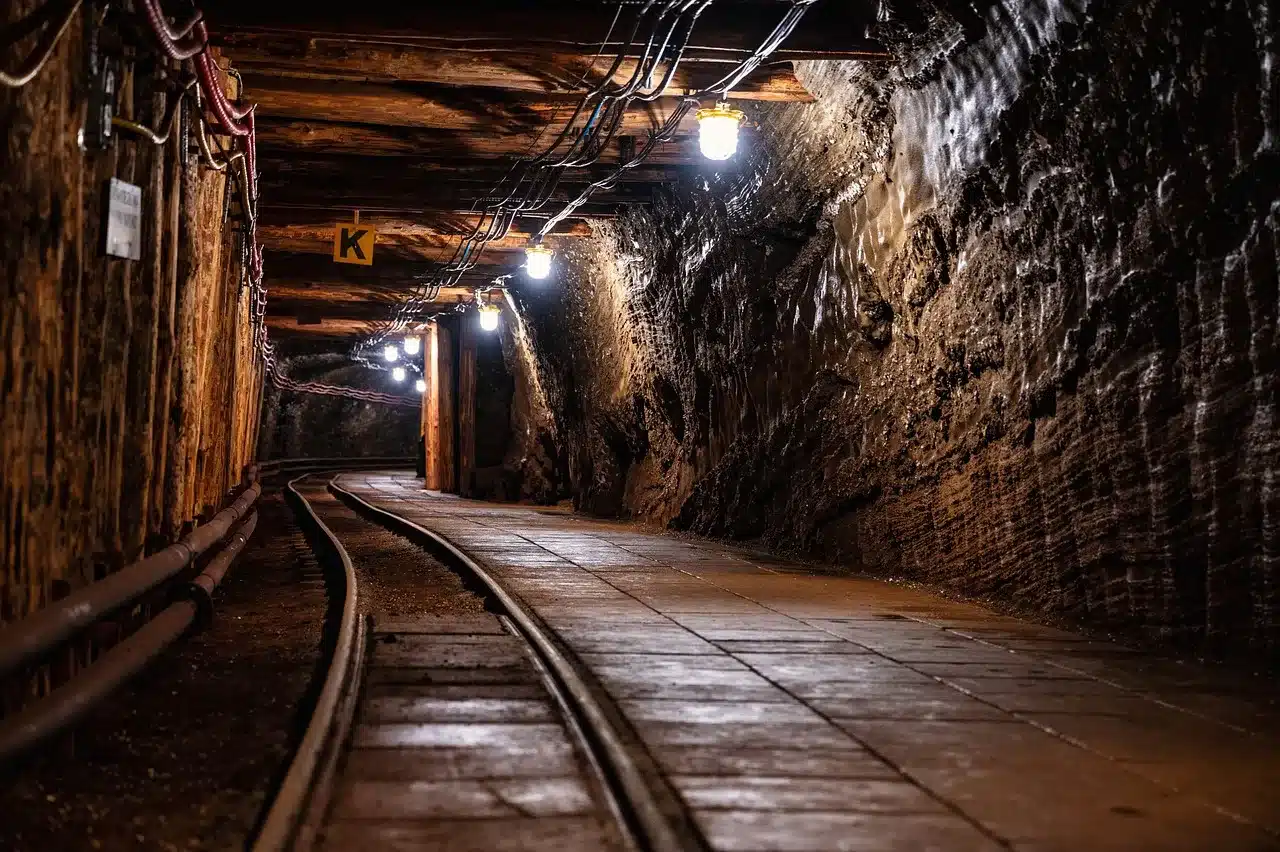We are mining the most expensive coal in the world, and it should be even more expensive in order for the mines not to show losses. Household bills should be higher in order to save the mines. This is a strategy we have been pursuing for years, one that also reduces the competitiveness of our economy.
In mid-October, the Sejm directed further work to the Sejm Committee on Public Finance on the government’s draft budget for 2025, and a government bill on special solutions for implementing the 2025 budget.
The draft budget for next year allocated exactly PLN 3.555 billion for hard coal mining. This amount will come from several sources. The most was allocated in the section “subsidies and grants”, which is PLN 3.322 billion. Of this, PLN 2.4 billion have been earmarked as so-called subsidies for reducing production capacity. A law enabling these subsidies was passed in 2021 to save the bankrupt miners. The PiS government agreed to cover losses on coal mining in unprofitable mines in this way. In return, the miners’ unions graciously agreed to close the mines by 2049, which is an entirely unrealistic date anyway, as coal will not be needed for this long.
“This mechanism has been in place since 2022 when the so-called social contract was signed,” says Rafał Zasuń, Editor-in-Chief of WysokieNapiecie.pl, in an interview with MarketNews24. “We all pay for the accumulating debt as taxpayers, and this form of public aid is actually illegal, as it has not been approved by the European Commission, which doesn’t know what to do with it.”
The law provides that a mining company covered by the support system gradually terminates the mining activity of the designated mines and, in return, receives a subsidy – the difference between the costs of mining activity and the revenues from coal sales. This subsidy can take the form of a grant from the state budget or a capital increase with State Treasury bonds.
In addition, almost PLN 215 million was allocated under “targeted and entity subsidies”. In both cases, the recipients of public money are “hard coal mining entities”.
The remaining funding will come from smaller transfers, accounted for in several other budget positions. Therefore, the government plans to firmly transfer over PLN 3.5 billion directly from the state budget to mining companies.
But that’s not all. The rest of the planned expenditures can be found in the draft of the off-budget bill. Here, an additional PLN 5.4 billion has been found for mining, albeit this is the maximum amount. Moreover, the method of its transfer is slightly different.
According to the justification of the off-budget bill, the subsidies for reducing production capacity of hard coal entities anticipated for 2025 may exceed the amounts included in the budget act. The government plans to transfer to the Minister of Industry treasury bonds worth up to PLN 5.4 billion, and the minister will use them to increase the authorized capital of the mining company benefiting from the subsidies for reducing production. This applies to Polish Mining Group, Southern Coal Concern (formerly Tauron Mining), and Węglokoks.
Of course, these bonds will need to be repaid with interest, but not by mining companies – it will be us, taxpayers, footing the bill. Therefore, next year the government may transfer even PLN 9 billion to mining, of which nearly PLN 7 billion is in exchange for reducing production.
Moreover, the government does not plan to reduce coal extraction at all. The annex “State budget in the task layout” includes a table showing the planned coal output for the next three years. It turns out that in 2025 and 2026, coal output is not expected to decline and will remain at 48 million tons. Only in 2027 will it decrease by 1 million tons.
In reality, coal extraction is decreasing automatically, because as demand decreases, miners have no motivation to increase efficiency, especially as their salaries are disconnected from this efficiency.
All of this is especially gloomy for the Polish economy and households, as the only rational action is to quickly shut down several unprofitable mines and leave only the best ones – Rybnik and Bogdanka.
“The European Commission will want to see a comprehensive plan for Poland’s departure from coal and will not agree to the 2049 date,” comments an expert from WysokieNapiecie.pl. “The pace at which coal plants are being replaced by renewables and gas plants is already so fast that the plants are working less than half the year, and in 2-3 years, they will burn even less coal, making the coal extracted even less necessary. The amount of losses formed due to coal mining will therefore be even higher.”
We will continue to lose more and more as taxpayers, until a government decides to make bolder decisions.
“We need to organize a referendum in the mines, propose higher severance payments to miners in exchange for an earlier departure from coal – this will pay off for all of us,” explains Rafał Zasuń.
Source: https://managerplus.pl/polskie-kopalnie-wegla-potrzebuja-miliardow-z-budzetu-76394
